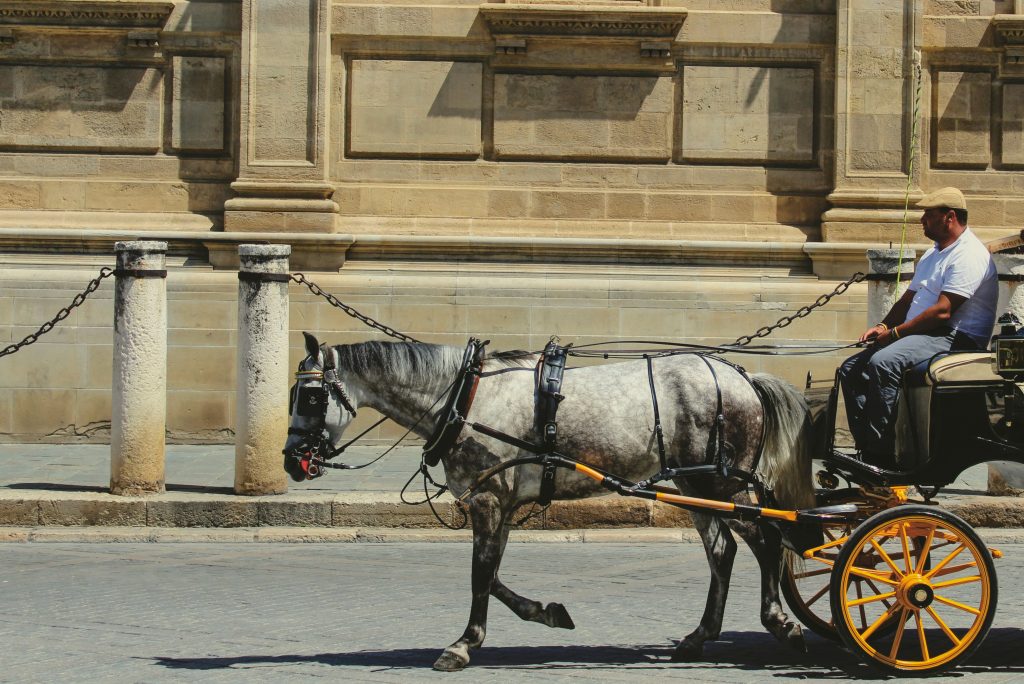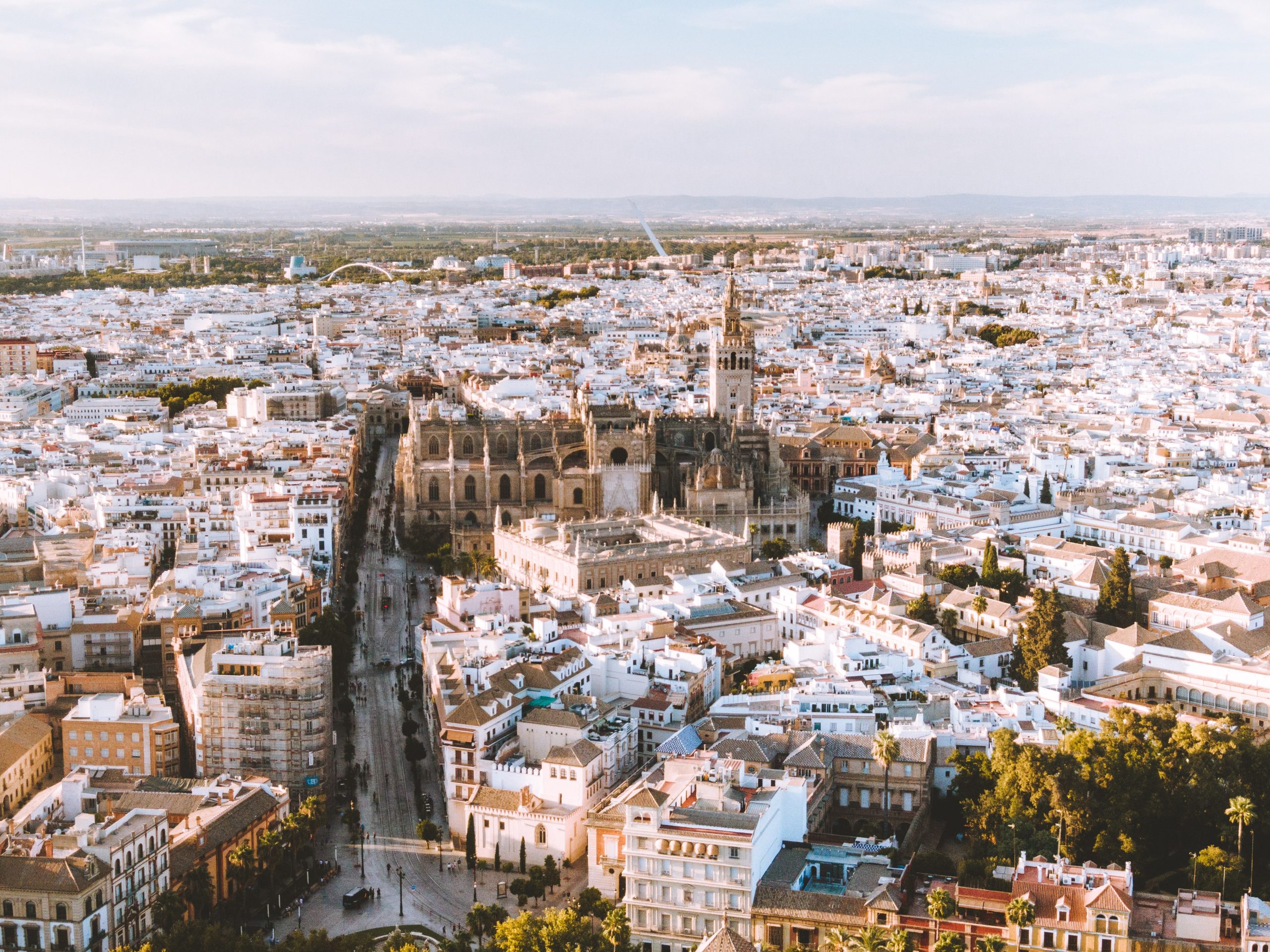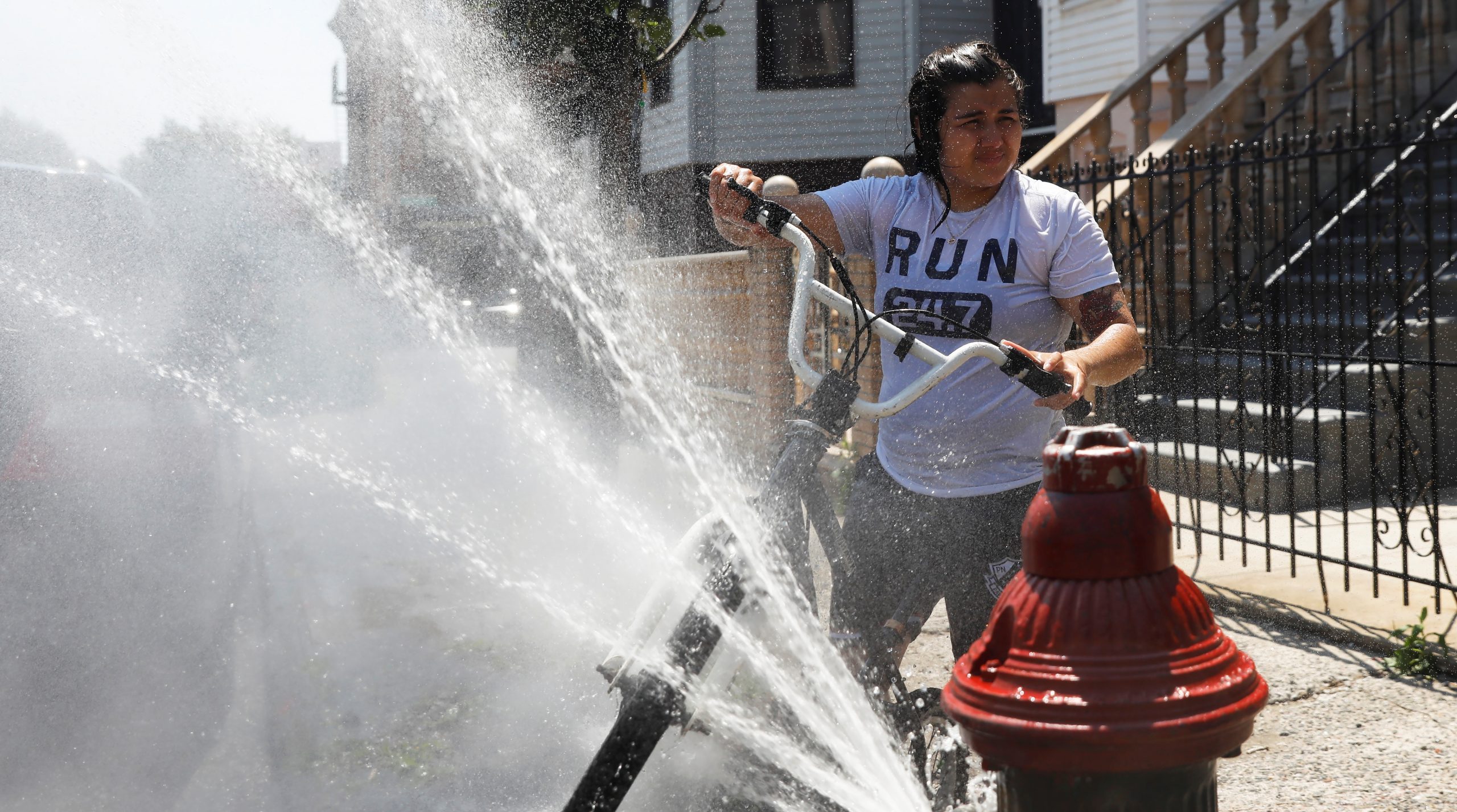Article summary: Understanding the impact of heat wave Zoe
The peer-reviewed study published in Nature evaluates how naming heat waves can communicate and manage health risks.
Extreme heat causes illnesses and worsens existing health conditions, leading to thousands of deaths each year. In our CCHA partner city Seville, we piloted a Heat Health Early Warning System (HHEWS). Early warning systems can alert people when climate disasters become dangerous. By linking them with health, the systems can more accurately communicate the risks of rising temperatures and inform individual and official responses to them.
In 2022, we kickstarted a heat wave naming and categorization campaign based on an early warning system in Seville, Spain. This campaign aimed to increase people’s awareness of the harms of heat waves, and engagement with local governance surrounding extreme weather events. To evaluate the impact of this initiative, our team collaborated with external researchers. The resulting study aimed to determine whether HHEWSs are an effective way of communicating and managing heat health risks. To understand the impacts, the researchers surveyed people in Seville to gauge how naming heat waves influenced their efforts to reduce heat risk.
In April 2024, the peer-reviewed study was published by Nature. It found that people who remembered the heat wave’s name were more likely to take safety precautions. They were also more involved in their government’s decisions and had a positive view of naming the heat wave.



Key findings
1. Almost half of the survey participants remembered the heat wave naming campaign.
In the survey, 49 percent of people remembered that a heat wave had been given a name. Out of these, only 6 percent could correctly recall the name “Zoe.” However, when participants were prompted and heard the name “Zoe,” that same number shot up to 32 percent.
2. Survey participants who remembered heat wave Zoe were younger and had higher monthly incomes.
People who remembered the named heat wave on their own tended to have higher monthly incomes compared to others. On average, those who couldn’t recall the heat wave’s name were also older than the other groups surveyed.
3. Participants who recalled the named heat wave were more likely to take protective heat measures.
Respondents who remembered heat wave Zoe were more likely to believe that named weather events are more dangerous than unnamed ones. They also supported the idea of naming heat waves and agreed that the government was making an effort to protect local residents.
- Women were more proactive about heat wave safety than men and were more likely to believe in the importance of following protective measures.
- Older adults were more diligent about heat wave safety compared to younger people and felt more positively about the way their local government responded to the heat wave.
- Individuals with higher incomes also took more safety precautions and were more likely to believe that their local government was handling the heat wave effectively.
- In contrast, people with poor health were less knowledgeable about coping with the heat wave’s effects and were less likely to think their local government was managing the situation well.





